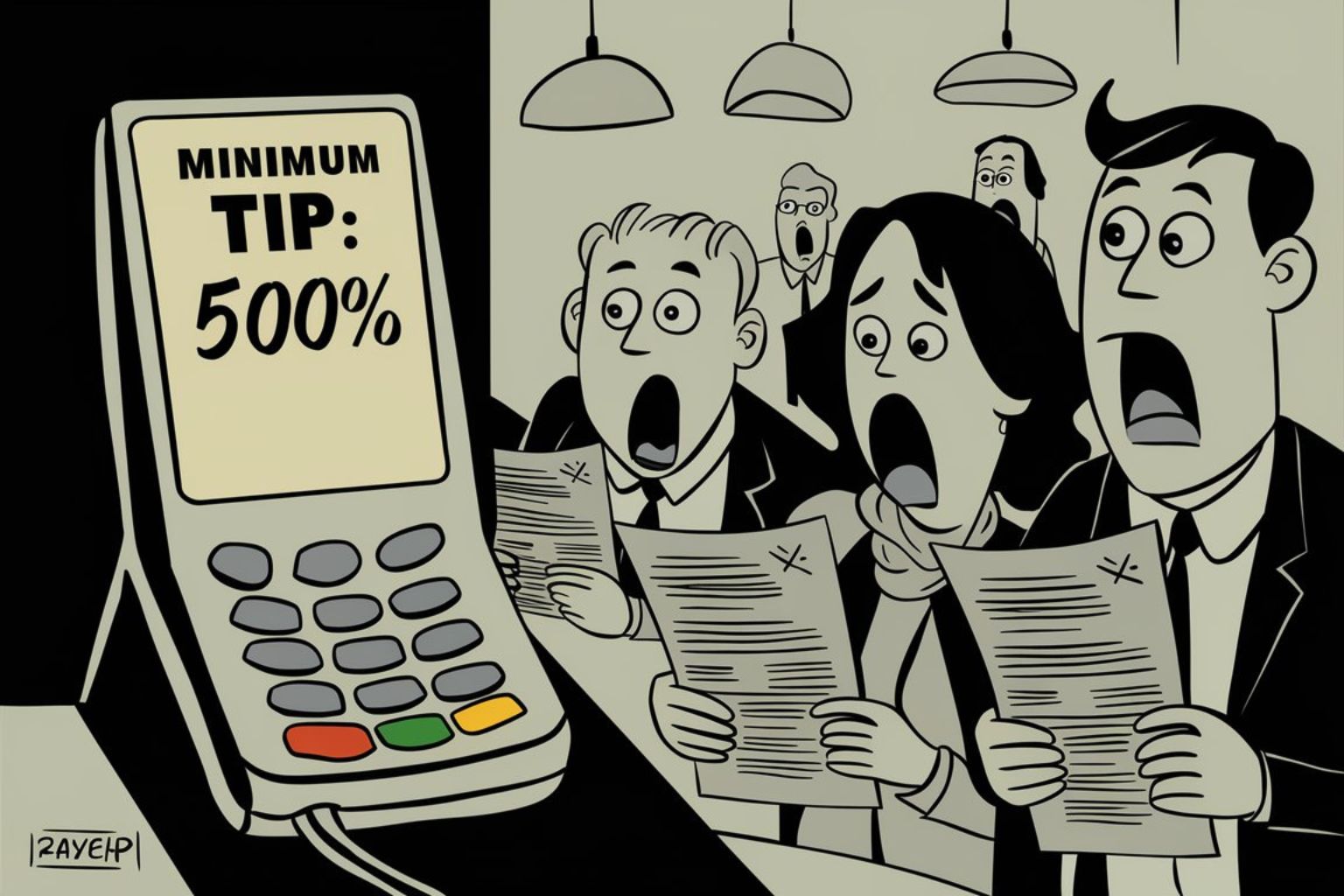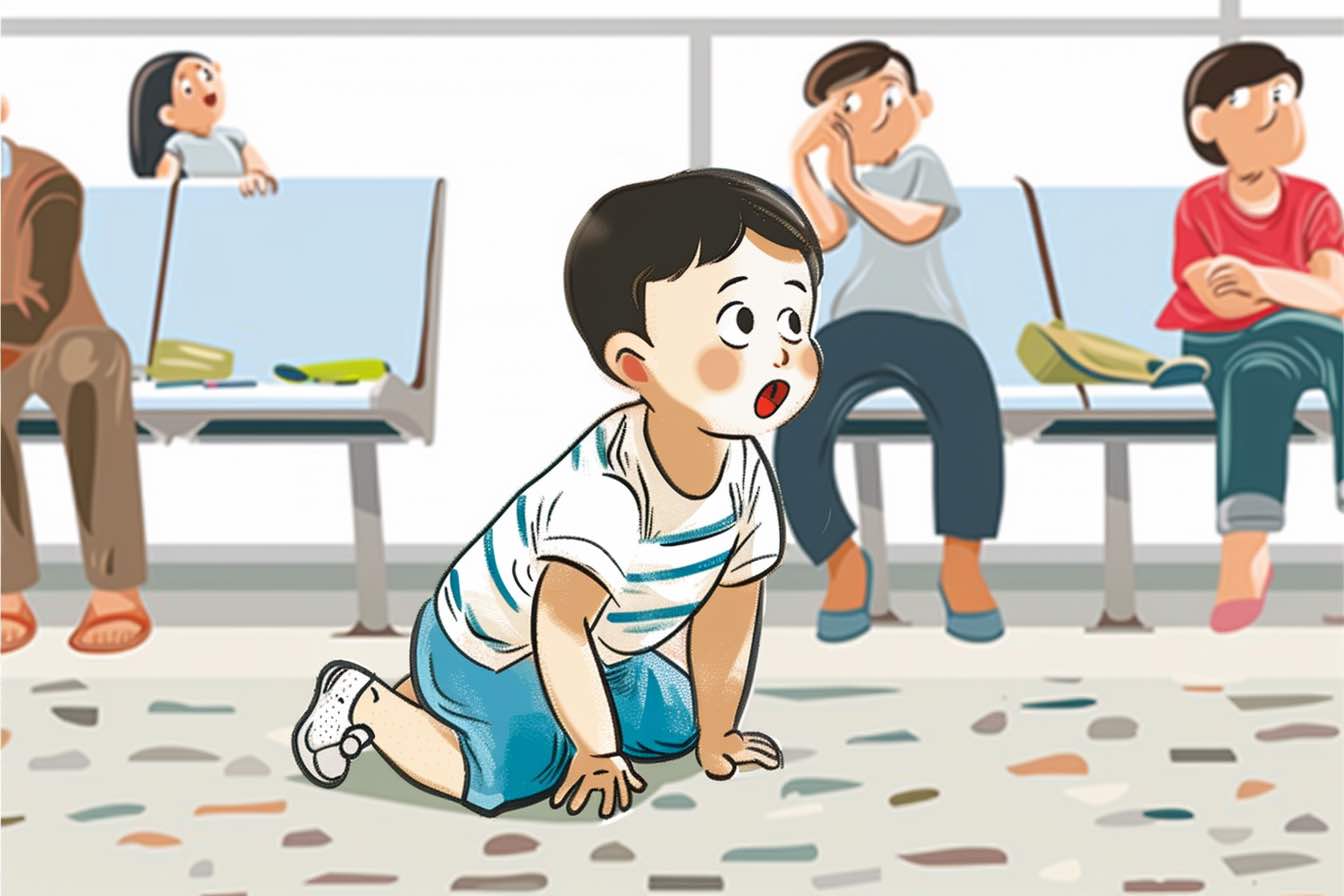Tipping is dead.
At least tipping, as you and I understand it. A mandatory 20 percent gratuity on every restaurant meal? Obligatory tips for housekeepers, concierges and tour guides? Kiss them goodbye.
And if you want to know why, just ask Gerri Hether.
Like many Americans, she’s tired of the attitude that all service workers are entitled to a tip. She became exasperated with the point-of-sale terminals that solicited a gratuity before even serving her food. But then the final straw was when restaurants started to add automatic gratuities to their bills for her “convenience.”
“I don’t tip anymore,” says Hether, a retired nurse from Mesa, Ariz.
Americans are known for generosity and willingness to tip for good service. But a recent poll by USA Today’s Blueprint found 63 percent of respondents say too many businesses are asking for tips, and 48 percent are tired of being asked for a gratuity.
Almost the same number of Americans (62 percent) in another survey said they wouldn’t give service workers year-end tips, according to the digital personal finance company Achieve. The reason? Tip fatigue.
Why Americans have had enough of gratuities
An increasing number of Americans believe that expectations for gratuities are unfair, says Carla Bevins, an expert on business management communication at Carnegie Mellon University’s Tepper School of Business. And that’s led to a shift in public attitudes toward gratuities.
“The momentum behind the no-tipping movement stems from growing scrutiny over the fairness and necessity of traditional tipping practices,” she explains.
To hear people like Ian Duncan talk about it, it’s a reaction to the widespread attitude of entitlement in the hospitality industry. It’s tip jars at coffee shops, laundromats and grocery stores. It’s having to pay a gratuity before you even receive a meal or service.
Duncan, a small business owner from Toronto, booked a cruise recently. But when he received his invoice several weeks before his departure, the cruise line had added more than $200 in automatic gratuities to his bill.
“That did it for me,” he says. “I canceled the trip and asked for my deposit back.”
Duncan says he wants to decide who and when to tip — or if he should tip at all — and resents it when a company assumes it is entitled to a gratuity. He also doubts that the staff will receive any automatic gratuity added to his bill, which is a valid concern.
Even etiquette experts say the time has come to talk about excessive gratuities.
“Tipping evolves over time, and we are long overdue to revisit the legal and social norms for how employees are paid,” says Jodi RR Smith, an etiquette expert with Mannersmith Etiquette Consulting. “Expecting individual consumers to tip generously at every turn is not a long-term plan for economic success.”
Even service workers agree that it’s gone too far
Even people who depend on tips understand that things have gone too far. (I first wrote about this problem 12 years ago, and it’s just gotten worse.)
Mike Aguirre, a blues guitarist who performs in the Caribbean, blames the new terminals that try to extract a tip from patrons before they receive their meal.
“Leaving a tip before you receive your order seems premature – no service has been rendered yet, but there is a palpable element of guilt involved,” he says.
It gets worse, actually. In Latin America, restaurant servers come to your table with a portable payment system and ask you to enter a gratuity while they watch. Talk about pressure!
But people like Aguirre are likely to suffer because of the understandable gratuity backlash. Many service workers have come to depend on gratuities to earn a living. Squeezing a tip out of a customer before the meal is served or under the watchful eye of your server is hardly the fault of the employee. But the employees are likely to pay for these misguided policies.
Even etiquette experts have limited their gratuities. Etiquette consultant Rachel Wagner says she no longer tips at hotel self-serve snack bars (even when there’s a tip jar), at restaurants where you order at the counter, and at airport food kiosks. (Related: Should you tip your flight attendant?)
“When the terminal shows me the tipping options, I choose ‘no tip,'” she says.
She calls these kinds of tips “entitlements” and says she isn’t worried about the reaction from a service worker.
“All this person has done for me is take my money and place my items in a bag,” she says. “There is no need to tip!”
How to avoid tipping
Fact is, most service workers continue to rely on tips, and many believe you should always leave a gratuity. But there are ways to sidestep this unspoken obligation.
- Go to a no-tipping business. Some hotels and restaurants advertise themselves as “no tipping.” The easiest way to avoid a gratuity — and to encourage other companies to adopt sensible policies on gratuities — is to give these companies your business. Have dinner at Thattu in Chicago, an Indian restaurant that pays its servers a competitive wage and doesn’t solicit tips. Or Casa Bonita the Mexican Restaurant in Lakewood, Colo, that doesn’t accept gratuities. (Related: Are you tipping too much? Here’s how to know.)
- Get take-out. No reasonable person expects you to tip your restaurant worker when you get takeout. So one way to avoid leaving a gratuity is to get your next restaurant meal to go.
- Refuse to tip. You can also send a message to a business about tipping by putting a zero in the tip line. Hether, the retired nurse who has stopped handing out gratuities, says the reaction from service workers has been one of resignation. It seems they know the system is broken, but they don’t know how to fix it.
We get a fair number of questions about gratuities through my nonprofit consumer advocacy site, and usually advise people that handing out dollar bills to service workers is a personal decision.
The future: Gratuities based on good service
When it comes to gratuities, the future may look a lot like the past. Travelers say they don’t think it’s fair that they should subsidize a service worker’s salary with a mandatory gratuity. But they like the traditional idea of offering a service worker a little extra for exceptional service.
Hether says she’s still open to rewarding good customer service with a gratuity. But she’ll never again fork over 20 percent of her bill out of a sense of obligation.
“Tipping should be based on exceptional service,” she says. “It’s not an entitlement.”



